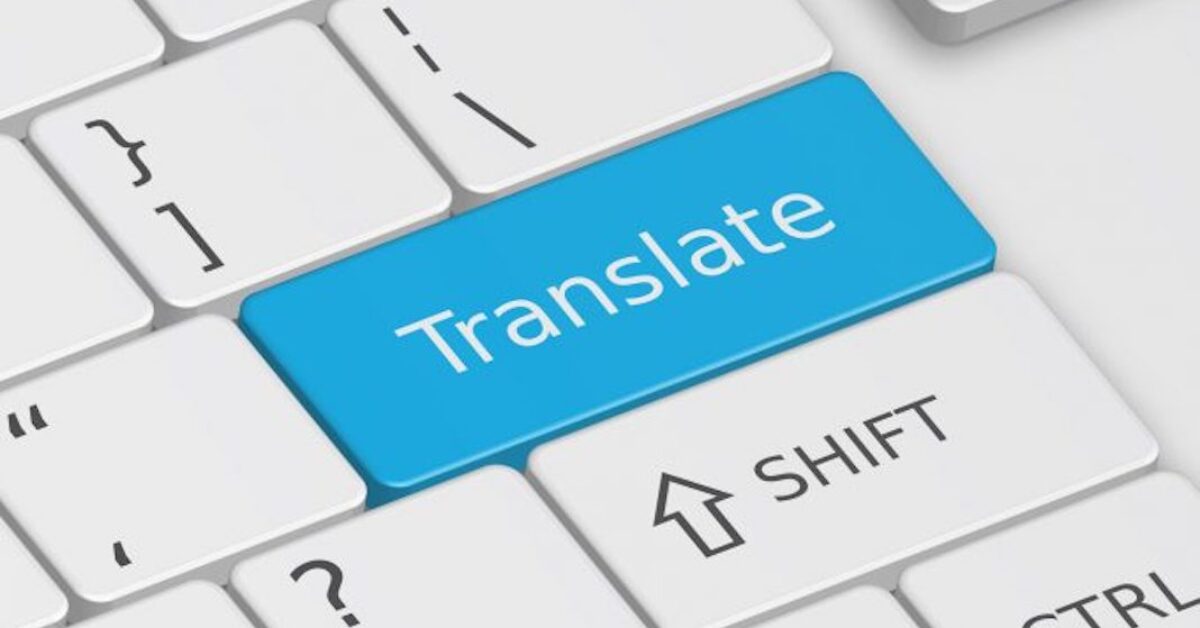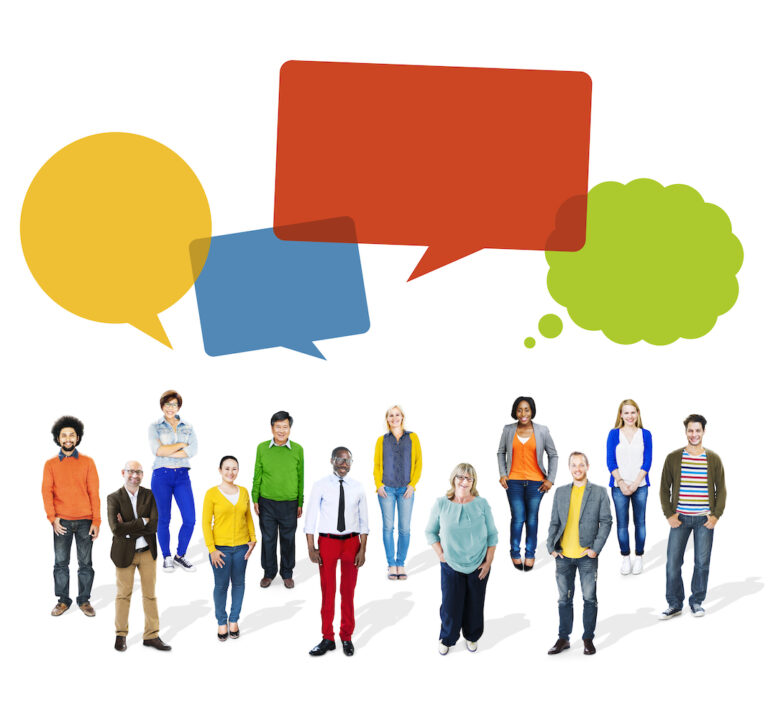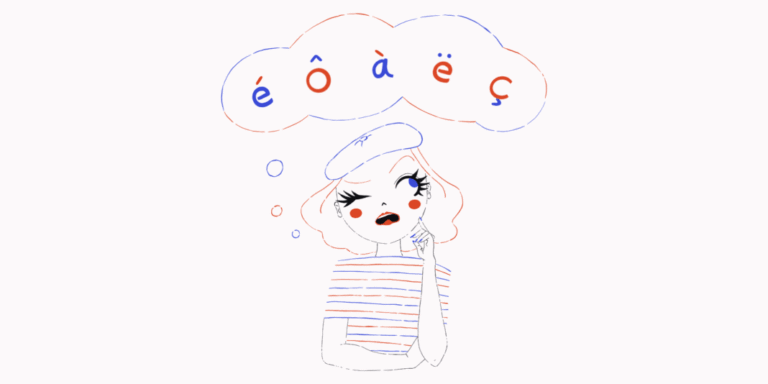At some point, every French learner has gotten fed up with their foreign language homework or studies, and tried to put a sentence or two into Google Translate. You might have gotten good results from this machine translator a few times, but it’s highly likely that your Google Translate result was filled with errors, and perhaps even led you astray. So before you send that Google-translated text saying “I saw my friends” as “j’ai scié mes amis” (I saw off my friends), rethink how accurate Google Translate’s sentence might be.
Google Translate often translates word-for-word
Languages don’t match each other perfectly word-for-word; instead, something that can be expressed in English in one word might have to be expressed in French using four words, or maybe an entire sentence. Most machine translators, like Google Translate, translate with this one-to-one ratio for words, making them ineffective at describing the deeper meaning of a more complex word. For example, the french phrase “l’appel du vide” literally translates as “the call of the void”; however, this expression instead is meant to represent “the urge to do something crazy,” and can’t be translated word-for-word.
Google Translate is not up to date on all the current slang
Trying to translate slang and colloquialisms is usually unsuccessful using a machine translator, simply because it can’t keep up with the common lingo. That’s not even mentioning the detection of sarcasm, something that is used through emphasis within a sentence and cannot be indicated through text, let alone translated from one language to another. As for the inability to translate slang, the verb “kiffer” is the slang version of “aimer” in French, but Google Translate doesn’t recognize this word.
Google Translate doesn’t always translate the same meaning
On YouTube, there’s a channel called Translation Fails, which has a series “Google Translate Sings” devoted to putting English song lyrics into Google Translate, translating them into another language, translating them back to English, and then attempting to sing the result in the tune of the original song. None of the songs come out the same, and usually contain large grammatical errors. For example, the song “Take Me To Church”, the lyrics “take me to church” suddenly become “buy me the church” when translated into another language and then back.
On The Tonight Show with Jimmy Fallon, there’s a segment where celebrities sing songs with lyrics that have been Google-translated into one language and then Google-translated back into English. It’s definitely a laugh, but it really highlights that Google doesn’t understand language in any kind of hollisitc way.
Google Translate can’t deal with idioms
Idiomatic translation is another aspect where the machine translator falls short. In French, the phrase “se taper le cul par terre” means to laugh in an uncontrollable fashion, or to laugh your ass off. However, when you put this same phrase into Google Translate, you get the literal translation: “banging your ass on the floor,” which, aside from not making any sense, sounds painful. Similarly, in German, a phrase that should read “Economics (also national economics, economic political science or social economics, in short VWL) is a branch of economics” instead reads “Economics (also economics, economics, economic economics or economics, in short economics) is a branch of economics.” Clearly, Google Translate thinks the Germans are very serious about their economics.
Machine translators like Google Translate, if used for communication in a foreign language, will only result in you speaking past someone as opposed to to someone. Even more than that, they take the beauty out of a translating a language. If you need help translating, use a dictionary or a real French person. That’s how you’ll best understand vocabulary, context, emphasis, and even sarcasm. After all, even the supercomputers at Google aren’t smarter than the human brain (we hope).









